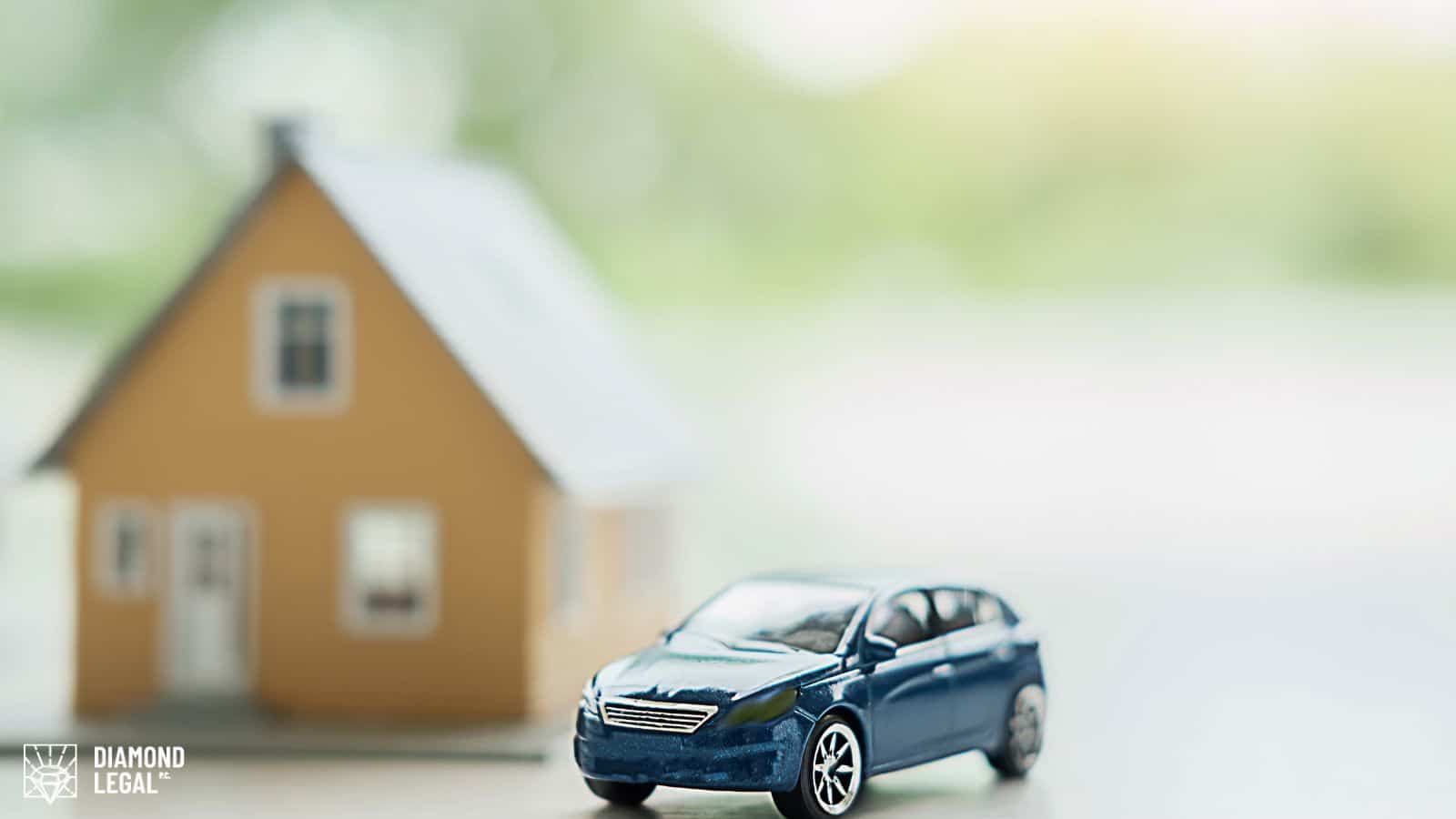What Assets am I Entitled to During My Illinois Divorce?
Divorce is complicated. Beyond grappling with grief and emotional turmoil when a marriage ends, dividing marital assets and ironing out who is entitled to what adds additional stress and confusion to the formal process of dissolving a marriage.
Divorce can become especially cumbersome when couples have a variety of assets such as pensions, property, businesses, etc. Those who have a lot of assets will need the guidance of an experienced Illinois divorce lawyer who can advocate for their best interests and ensure that marital assets are divided fairly.
How are marital assets divided in Illinois?
In many cases, couples can agree to property division on their own or through a mediator. When divorcing couples cannot agree, they will need to petition the court so that a judge can help determine which party gets what.
In Illinois the division of assets and property in a divorce is called “equitable distribution,” which refers to assets and funds acquired during a marriage and how they will be divided during divorce proceedings.
Common examples of marital property include:
- Houses, vacation homes and timeshares
- Pets
- Bank accounts, investment accounts, stocks and bonds
- IRAs, 401Ks, and pensions
- Vehicles including boats, RVs and motorcycles
- Jewelry and other personal items such as furniture, instruments, and appliances
Dividing marital property can become particularly complex when couples own businesses or have significant wealth. Dividing these assets can result in tax consequences and can be burdensome when agreements cannot be reached.
High net worth individuals as well as entrepreneurs need to solicit the counsel of attorneys experienced with equitable distribution in complex divorce cases.
Who is Entitled to Maintenance (Spousal Support) in Illinois?
Another complicated layer to the divorce process is the fact that many couples do not have equal earning power.
If one spouse makes significantly more money than the other, the less financially privileged spouse may need ongoing spousal support (also known as maintenance or alimony) after a divorce is finalized. The amount of monthly maintenance payments that a spouse is entitled to can vary significantly from case to case.
Maintenance can involve temporary or permanent payments after a divorce is finalized. These calculations can be another complicated aspect of divorce proceedings.
Able-bodied people are expected to seek employment, but there are situations where one spouse is at a serious financial disadvantage over another.
When considering maintenance, judges will evaluate certain criteria to establish whether there should or should not be maintenance. Once the court determines that there is a need for maintenance, Illinois has guidelines that the court may follow.
Some of the types of criteria the court will consider are:
- Property division and individual income
- The duration of a marriage
- Any pre-nuptial or post-nuptial agreement
- Health conditions—both emotional and physical
- Lifestyle of both spouses during the marriage
- Responsibilities and duties related to child care
- Money and time required to find gainful employment
Under Illinois law, the award of alimony is without regard to marital misconduct.
Hiring an experienced attorney can help individuals consider their short- and long-term needs when seeking equitable maintenance arrangements.
How are Child Support Payments Determined?
In Illinois, there are guidelines that the court must consider in determining child support. The court cannot vary these guidelines unless it makes a specific finding of the reason to bury the guidelines.
Also, in Illinois if each of the parents have the children for at least 146 overnights per year each may be entitled to child support from the other.
If you are facing a divorce with children, finding a compassionate and knowledgeable lawyer can help you establish child support that provides what your children need to thrive.
Contact Diamond Divorce Law for Divorce Help and Representation
Our McHenry, Illinois law firm Diamond Divorce Law provides representation for those seeking divorces with or without children.
If you have questions about your rights during and after a divorce, contact our practice at (815) 322-8403 to schedule a consultation with one of our experienced family lawyers.
DISCLAIMER: Any information contained herein is solely for informational purposes. While it is important that you educate yourself, nothing herein should be construed as legal advice or create an attorney-client relationship. For specific questions, we urge you to contact a local attorney for advice pertaining to your specific legal needs.
More Posts We Think You’ll Like

5 Common Mistakes in DIY Divorces and How to Avoid Them
The percentages are different in various states, but estimates show that approximately 35-45% of all divorces filed today are filed pro se, or on your own. (Pro se is a Latin term meaning “for one’s self” or “on one’s own”.) This trend is on the rise – in some counties, a majority of divorce cases has at least one party who chooses to represent themselves.
This trend is understandable, especially during a downturn in the economy. Before making this choice, however, you should be aware of the pros and cons of filing on your own as well as common mistakes that can cost you a lot of time and money and how to avoid them.

Uncontested Divorce: Do You Really Need a Lawyer?
Our team talks with people every day who are either considering filing for divorce or going through one. Many people…

DIY Divorce in Illinois: The Pros and Cons of Filing Pro Se
More and more people today are choosing to take advantage of “DIY” or pro se divorce in Illinois; while this…

